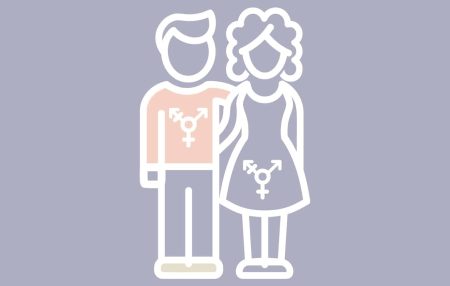13 July 2023
When might I need to apply for a Declaration of Parentage?
There are a range of circumstances where you might wish to apply for a Declaration of Parentage, including:
- A dispute about biological/legal parentage following a direct-to-consumer DNA test (e.g. after a DNA test through AncestryDNA, 23andMe, MyHeritage).
- Problems correcting a birth certificate (e.g. father’s details are missing, mother’s or father’s details are incorrect, adding/removing a person’s details, non-cooperation of a relevant individual).
- Resolving biological and legal parenthood or rectifying a birth certificate where a parent is deceased.
- Re-registering a birth certificate following adoption to record a birth parent.
- Problems with HFEA consent forms at UK fertility clinics (e.g. missing or errors), calling into question the legal parentage of a non-birth parent for their child.
- A dispute about a child’s biological or legal father/second legal parent following conception (this can raise complex legal and evidential issues about circumstances of conception, personal relationships, DNA testing law, status and consent involving fertility and family law).
- Disputed paternity and financial responsibility for a child.
Applications for a Declaration of Parentage can have significant and wide-ranging legal, practical, financial and emotional implications for individuals, parents, children and families. A Declaration of Parentage can inform:
- An application for citizenship and a passport.
- An inheritance claim.
- A financial claim for a child.
- An individual’s personal identity and ancestry.
- Relationships with genetic and legal relatives.
Cases involving an application for a Declaration of Parentage can also change established family history and introduce new narratives associated with adoption, unplanned pregnancy, secret love affairs, failed relationships and loss. They can uncover fertility fraud or even egg, sperm or embryo mix-ups at fertility clinics. They can also create complex issues with genetic relatives and legal family members.
Do I need a DNA Test to obtain a Declaration of Parentage?
A DNA test result can provide helpful evidence to support an application for a Declaration of Parentage, but it is not always required depending upon the individual circumstances in the case.
Whilst the English Family Court can make a direction if it sees fit for legally approved DNA testing within court proceedings, it cannot compel a party to undergo a DNA test. However, the court can then draw inferences if a party refuses to comply with a direction for DNA testing in determining the case.
You can read more here about DNA testing within proceedings for an Application for a Declaration of Parentage in the case of X v Y [2022] EWFC 77 – in which Louisa Ghevaert Associates successfully acted for the applicant.
How Do I Apply for a Declaration of Parentage?
A Declaration of Parentage application is made in the English Family Court under s55A of the Family Law Act 1986. A C63 Court Form will need to be completed and the relevant court fee will need to be paid (currently £365.00). Each case is fact specific and can encompass a range of circumstances and issues.
A Declaration of Parentage application does nor carry age limits. It can therefore be made at any point (including both children and adults), provided their is sufficient personal interest and connection to England and Wales, and appropriate legal and evidential basis for the application. As such, applications for a Declaration of Parentage need to be navigated carefully.
In determining an application for a Declaration of Parentage, the English Court will carefully assess the relevant legal criteria and supporting evidence. It will usually list the case for a case management hearing (more than one may be required) where it will make directions to progress the application and then list for a final hearing. The court process can take anywhere from 6 – 12 months (although timescales vary depending upon the complexity of the case and court availability). Then if granted, a Declaration of Parentage can declare that a specified person is (or is not) a biological or legal parent of an individual and lead to the re-registration of that individual’s birth certificate under English law via the General Register Office.
Specialist Legal Advice and Representation
If an application for a Declaration of Parentage is disputed and/or there are complex circumstances you should in particular obtain expert legal advice and representation.
Click here to find out more about our specialist expertise concerning applications for a Declaration of Parentage.




